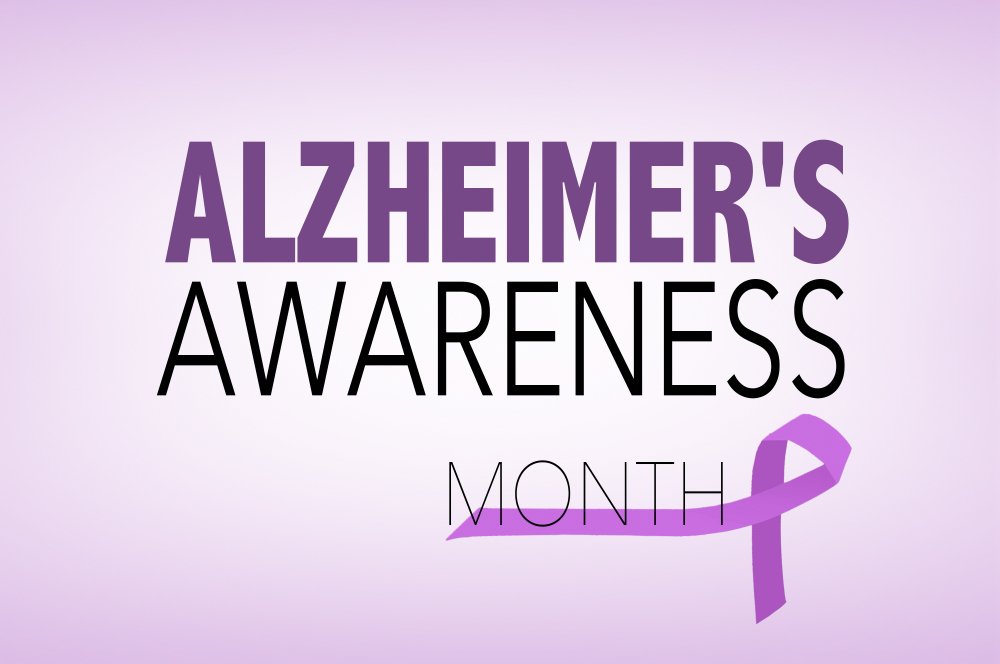
Alzheimer’s and Brain Awareness Month 2021
The month of June is Alzheimer’s and Brain Awareness Month. Alzheimer’s is a degenerative brain disease and is the most common form of dementia, accounting for 60% – 80% of all cases. There are 47 million Americans over the age of 65 who have Alzheimer’s and other forms of dementia; estimates predict that by 2030, that number will reach 76 million. Alzheimer’s is currently the 6th leading cause of death in the United States. The history of Alzheimer’s goes back to 1906 when a medical professional named Alois Alzheimer diagnosed the first case of Alzheimer’s in a woman.
Research shows that Alzheimer’s disease begins in the brain approximately 20 years before symptoms start to develop; these symptoms develop when nerve cells die. This causes the overall brain to shrink, and overtime become deformed, leading to symptoms. The initial set of symptoms are considered potential warning signs of Alzheimer’s; these include issues with talking and writing, confusion, increased vision problems, decreased decision making skills, difficulty concentrating, withdrawal from hobbies, activities, slight personality changes, and misplacing items.
Once the disease has progressed, the more recognized symptoms of Alzheimer’s begin to develop, these include, but are not limited to:
- a worsening of all previous symptoms,
- loss of short-term and long-term memory,
- an inability to learn new information/tasks,
- loss of attention span,
- an increased likelihood to wonder and get lost due to restlessness,
- mood and behavioral changes,
- hallucinations and paranoia,
- an increased time spent sleeping, and
- an inability to walk, speak, and swallow.
- alz.org
- https://www.nia.nih.gov/health/what-are-signs-alzheimers-disease
- https://www.fcneurology.net/june-is-alzheimers-and-brain-awareness-month/
- https://www.asbmb.org/asbmb-today/science/060120/alzheimer-s-brain-awareness-month-2020
- https://www.the-league.org/news/june-is-alzheimers-and-brain-awareness-month


